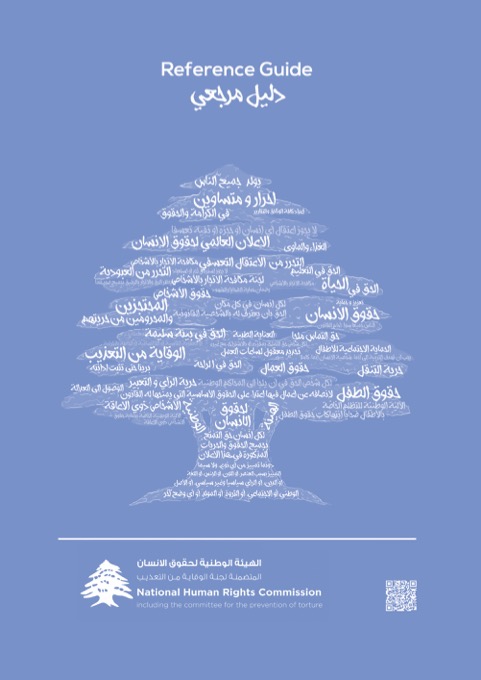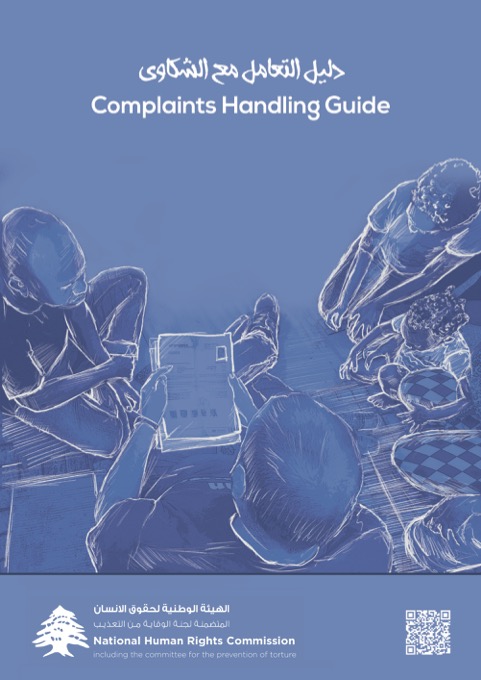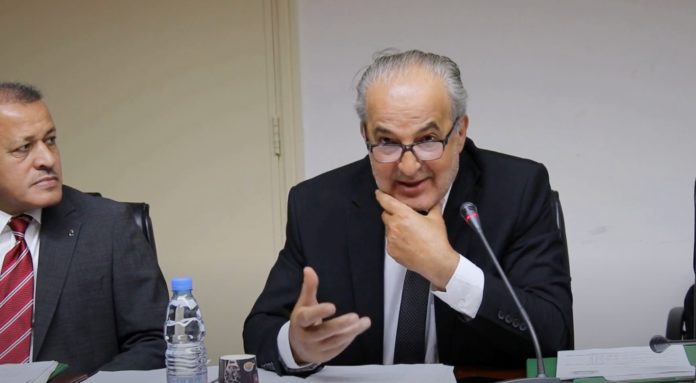The emergency session of the General Assembly of the Arab Network of National Human Rights Institutions (ANNHRI) convened under the title: “Towards an Arab Human Rights Mobilization to Confront the Israeli Aggression on the State of Qatar and the Accompanying Crimes and Violations.”
In his intervention, Dr. Fadi Gerges, President of the Lebanese National Human Rights Commission, stressed that the Israeli attack on the State of Qatar constitutes a grave wake-up call to the international community and a clear message that international legitimacy cannot be treated as an optional or selective tool.
He emphasized that the core principles of international law, justice, and human rights, enshrined in the Universal Declaration of Human Rights (1948) and the United Nations Charter, are being flagrantly violated. He underlined that sovereignty, the prohibition of the use of force, and the protection of civilians are non-negotiable obligations.
Dr. Gerges added:
“Our meeting today is not merely a platform for exchanging words or formalities. It is a direct appeal to human conscience and a reminder that the rights of peoples and states are not up for aggression. International legitimacy and the rule of law are not optional; they are a binding duty on all states, large and small. The aggression against Qatar is a violation of these principles and a threat to international peace and security. It demands urgent action to ensure accountability and to prevent impunity.”
Key Recommendations of the Emergency Session
The meeting issued comprehensive recommendations directed at different levels
توصيات الجمعية العامة الطارئة
:
1. To National Human Rights Institutions (NHRIs) and Human Rights Defenders
-
Intensify efforts to document violations and advocate urgently for an end to the aggression.
-
Submit formal complaints to regional and international bodies.
-
Organize advocacy and awareness campaigns highlighting the impact of violations on peoples’ rights.
2. To Arab States
-
Issue a collective and official condemnation of the Israeli aggression.
-
Activate Arab solidarity and send unified messages to the United Nations and the Security Council.
-
Support efforts to prosecute perpetrators of violations before international courts.
-
Enhance diplomatic and legal coordination at regional and international levels.
3. To Treaty and Non-Treaty Bodies
-
Launch independent international investigations into the crimes committed.
-
Issue special reports condemning the aggression and documenting violations.
-
Mobilize UN Special Rapporteurs and experts to act swiftly and visit the affected areas.
4. To the United Nations
-
Adopt an urgent resolution condemning the aggression and demanding its immediate cessation.
-
Activate the role of the Human Rights Council and the Security Council in ensuring accountability.
-
Guarantee protection of civilians and reject collective punishment.
5. To International Courts
-
Refer the case to the International Criminal Court (ICC) and the International Court of Justice (ICJ).
-
Investigate war crimes and crimes against humanity resulting from the aggression.
-
Ensure that impunity is not tolerated and perpetrators face justice.
6. To the General Secretariat of ANNHRI
-
Issue periodic statements documenting the aggression and associated violations.
-
Coordinate joint action among member NHRIs to ensure a unified Arab response.
-
Strengthen cooperation with the League of Arab States and regional human rights bodies.
Conclusion
Participants affirmed that the aggression against Qatar is not only a Qatari issue, but a broader Arab, human, and international cause. It directly threatens regional and international peace and security. The meeting concluded that international legitimacy cannot be selective – it must be upheld consistently as the cornerstone of justice and global peace.
هذه المقالة متاحة أيضًا بـ: العربية (Arabic) Français (French)



